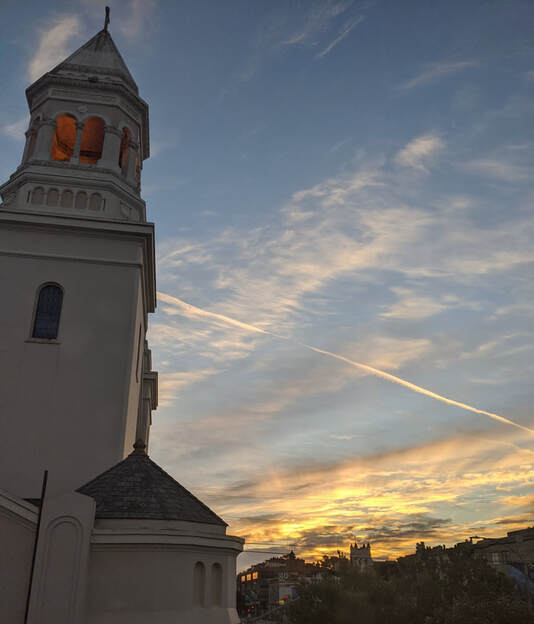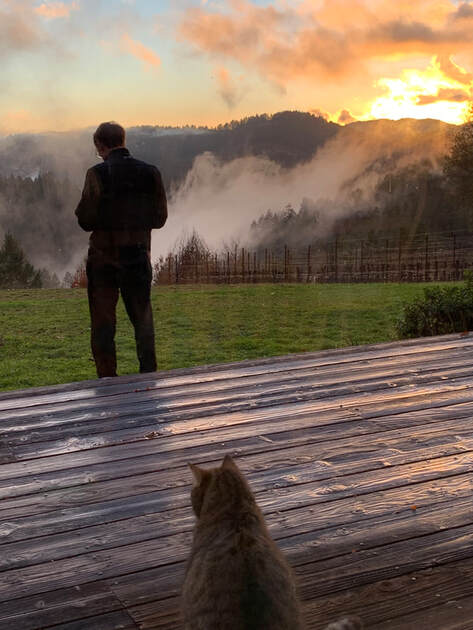Having just finished the Book of Job, this tagline comes to mind: “Wonder and Praise.” In Chapter 39, Yahweh addresses Job and his companions from the storm cloud. “Have you an inkling of the extent of the earth?” He asks the trembling men. “Can you fasten the harness of the Pleiades, or untie Orion’s bands? Who gave the wild donkey his freedom, and untied the rope from his proud neck? Can the wing of the ostrich be compared with the plumage of the stork or the falcon? She leaves her eggs on the ground with only earth to warm them…God, you see, has made her unwise, and given her no share of common sense. Yet, if she bestirs herself to use her height, she can make fools of horse and rider too.” The Book of Job concludes with five chapters of wonder: of skies and seas, of plants and beasts, of the human heart and of the God who made it all. These wonders have fascinated the best minds of our civilization for 35 centuries, producing wondrous art, literature, science, and social order. What can Job say? He can only respond with wonder and praise.
We, and our children, need wonder and praise. Without them, life is so sad. Our souls yearn to discover the fascinating and beautiful order in creation, and to praise the God who addresses us personally from the storm cloud with terrifying love. I remember discovering, in a high school library, that dolphins navigate the ocean blue by sonar. I was filled with wonder. I burned to know everything about the stunning natural order of our planet. Most schools in America today, dare I say it, have lost a sense of wonder and certainly lost a sense of praise. But in the eyes and speech of Classical Academy students, I see wonder and gratitude. The great good of establishing a Catholic Classical Academy is worth $800,000 and many years of hard work: just to see wonder in the eyes of our children again.






 RSS Feed
RSS Feed